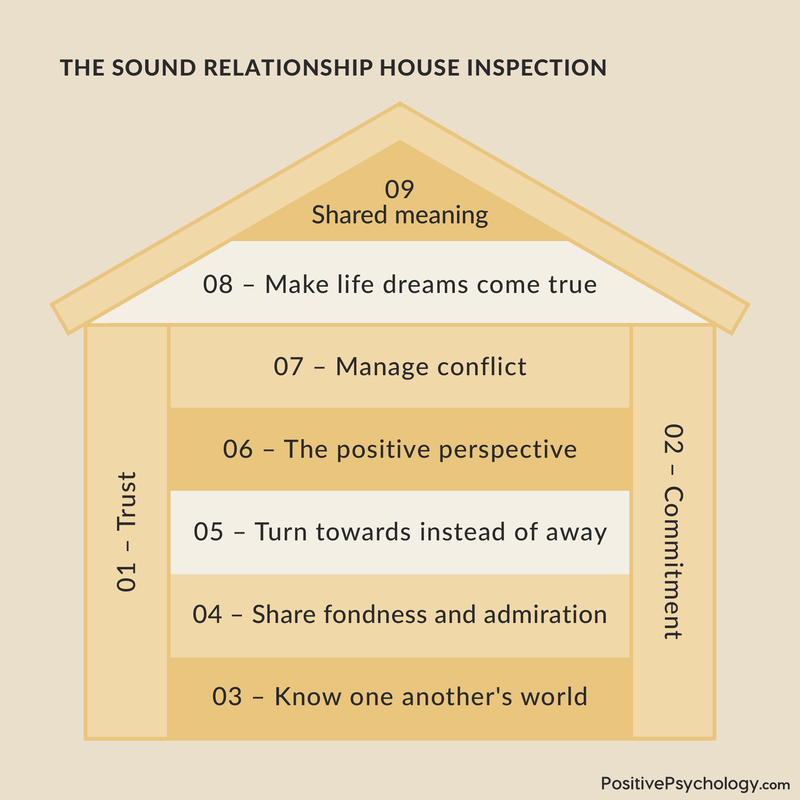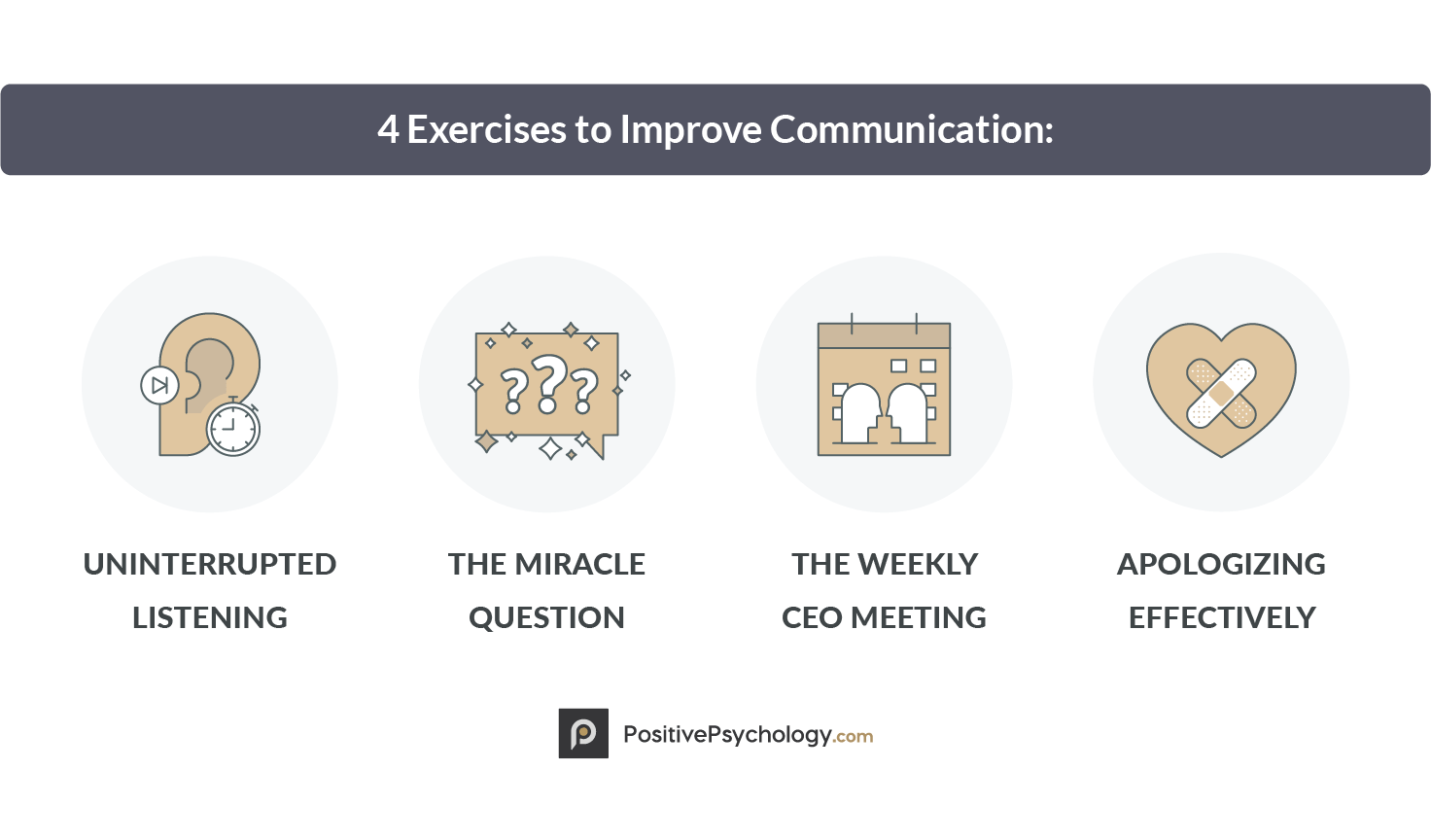Introduction
Couples counseling is a specialized form of psychotherapy designed to help partners navigate challenges, improve communication, and build a healthier emotional connection (Lebow, 2019). It is particularly useful for couples experiencing persistent conflicts, trust issues, or emotional detachment. Therapy provides a structured environment where partners can express concerns, learn effective communication strategies, and develop solutions for their relationship difficulties.
Read More- Counseling Across Lifespan
Definition
Couples counseling, also referred to as marriage therapy, is a type of psychological intervention aimed at resolving conflicts and fostering mutual understanding between partners (Gottman & Silver, 2015).
This therapy is guided by trained professionals who employ various therapeutic approaches to help couples improve their relationship dynamics.
Causes and Contributing Factors
Several factors contribute to relationship struggles, leading couples to seek counseling:
- Communication Issues: Poor communication often results in misunderstandings and an inability to express emotions effectively (Markman et al., 2010).
- Unresolved Conflicts: Recurring disagreements that are not addressed can create resentment over time (Halford & Pepping, 2021).
- Trust Issues: Infidelity, dishonesty, or past trauma can erode trust between partners (Johnson, 2008).
- Financial Strain: Disagreements over money management and financial instability can place significant stress on relationships (Dew, 2016).
- Lack of Intimacy: Both emotional and physical disconnection can weaken the bond between partners (Schnarch, 2009).

Sound House Relationship
Signs and Symptoms
Recognizing the signs of relationship distress is essential for seeking timely intervention. Common indicators include:
- Frequent arguments and disagreements (Gottman, 1999)
- Emotional withdrawal or detachment (Johnson, 2004)
- Feelings of resentment and anger (Lebow, 2019)
- Breakdown in trust and mutual respect (Schnarch, 2009)
- Increased stress and dissatisfaction in the relationship (Halford & Pepping, 2021)
Assessment and Diagnosis
A comprehensive assessment process helps therapists tailor interventions to the couple’s specific needs. This includes:
- Relationship History: Understanding past conflicts, relationship patterns, and significant events that have shaped the partnership (Johnson, 2008).
- Individual Psychological Evaluation: Assessing each partner’s emotional well-being, attachment styles, and psychological concerns (Markman et al., 2010).
- Interaction Observation: Analyzing how partners communicate, resolve conflicts, and express emotions within the relationship (Gottman & Silver, 2015).

Communication for Couples Counseling
Intervention Strategies
Therapists use various evidence-based approaches to help couples address their relationship challenges-

Marriage Counseling
- Emotionally Focused Therapy (EFT): This approach strengthens emotional bonds by fostering secure attachment between partners (Johnson, 2008).
- Cognitive-Behavioral Therapy (CBT): Helps partners identify and change negative thought patterns and behaviors that contribute to relationship distress (Beck, 2011).
- Conflict Resolution Training: Teaches problem-solving skills and effective negotiation strategies (Markman et al., 2010).
- Couples Communication Exercises: Enhances listening and speaking skills, improving how partners interact with each other (Gottman & Silver, 2015).
- Intimacy Building Techniques: Encourages emotional and physical closeness through guided activities and exercises (Schnarch, 2009).
Conclusion
Couples counseling is an invaluable tool for partners seeking to strengthen their relationship. Through evidence-based interventions, couples can enhance communication, rebuild trust, and foster deeper emotional connections. Addressing relationship challenges proactively through therapy can lead to long-term satisfaction and resilience in partnerships.
References
Beck, A. T. (2011). Cognitive therapy: Basics and beyond. Guilford Press.
Dew, J. (2016). The financial implications of relationship distress. Journal of Family and Economic Issues, 37(1), 1-15.
Gottman, J. (1999). The seven principles for making marriage work. Three Rivers Press.
Gottman, J., & Silver, N. (2015). The relationship cure: A five-step guide to strengthening your marriage, family, and friendships. Harmony.
Halford, W. K., & Pepping, C. A. (2021). Couple therapy: Theories and interventions. Cambridge University Press.
Johnson, S. M. (2004). The practice of emotionally focused couple therapy: Creating connection. Routledge.
Johnson, S. M. (2008). Hold me tight: Seven conversations for a lifetime of love. Little, Brown Spark.
Lebow, J. L. (2019). Couple and family therapy: An integrative map of the territory. American Psychological Association.
Markman, H. J., Stanley, S. M., & Blumberg, S. L. (2010). Fighting for your marriage: A deluxe revised edition of the classic best-seller for enhancing marriage and preventing divorce. Jossey-Bass.
Schnarch, D. (2009). Passionate marriage: Keeping love and intimacy alive in committed relationships. W. W. Norton & Company.
Subscribe to Careershodh
Get the latest updates and insights.
Join 16,453 other subscribers!
Niwlikar, B. A. (2025, March 21). Couples Counseling and 5 Important Intervention Strategies. Careershodh. https://www.careershodh.com/couples-counseling/
